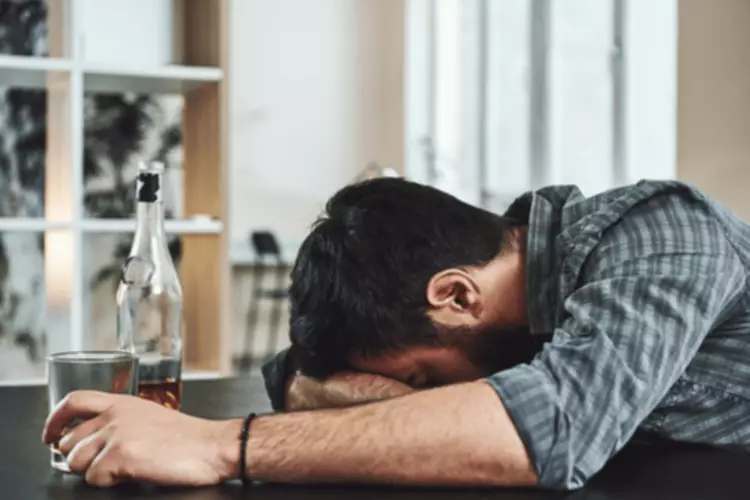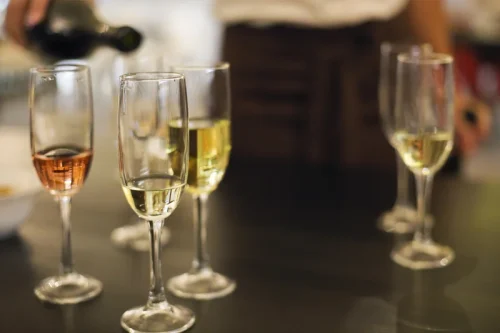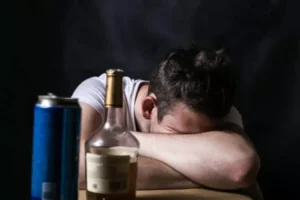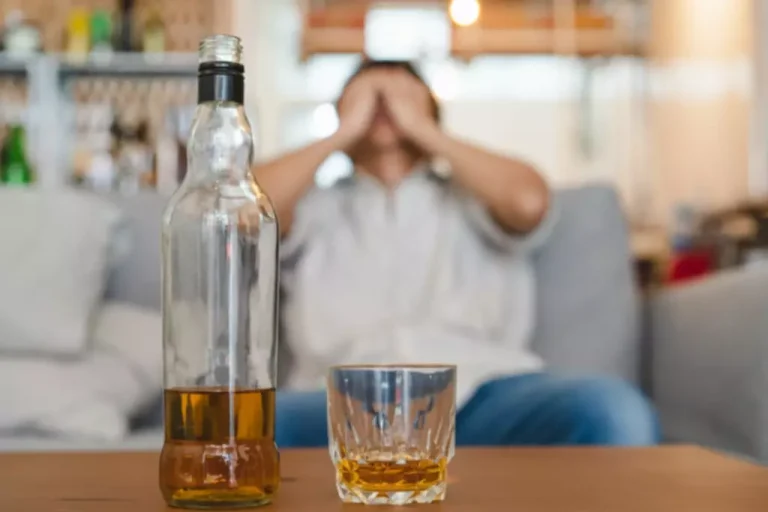
However, the researchers proposed that perhaps these effects on the circadian rhythm are only seen after several consecutive days of alcohol consumption. In support of the alcohol-melatonin connection, researchers have noticed that individuals suffering from severe alcohol withdrawal tend to have less pronounced melatonin levels and release. The type of alcohol consumed can have some influence on sleep quality, but in general, all types of alcoholic beverages can potentially disrupt sleep to varying degrees.

Circadian Rhythm Disruption
Anyone who’s ever indulged in a drink or two knows that alcohol can make you real sleepy, real fast. If you think your drinking may be impeding your sleep or overall quality of life, speaking to your doctor or therapist is a great first step. Circadian rhythms affect how the body responds to alcohol, depending on the timing of alcohol intake.

Ways Alcohol Disrupts Your Night
People with alcohol dependence or going through alcohol withdrawal may experience reduced deep sleep and insomnia. And, unfortunately, insomnia is the most frequent complaint among alcoholics when they give up drinking. Being a sedative and depressant of the central nervous system, alcohol can increase feelings of tiredness and sluggishness. One of the side effects of alcohol is drowsiness, so it can make you fall asleep quickly. Whether you have had one or multiple drinks, it’s best to wait for your body to fully process the alcohol before heading to bed. In general, try to avoid drinking alcohol four hours before you plan on going to sleep.
Deceptively Drowsy
It’s best to limit or avoid alcohol consumption for optimal sleep quality, regardless of the type of alcohol. Regular physical activity can improve sleep quality and help counteract the negative effects of alcohol on sleep. Alcohol’s impact on the body’s circadian rhythm is profound and multifaceted.
How Alcohol Affects Sleep & Exercise
For example, drinking several beers in one night might lead to longer-lasting bloating. Someone who lives with a digestive problem (such as irritable bowel syndrome) might experience more bothersome or longer-lasting symptoms. These sugar alcohols are not fully digestible, so they pass into the colon, where they may be fermented by the bacteria there, which may lead to bloating. Low-calorie alcoholic drinks or beverages may contain sugar alcohols. This excess gas could lead to bloating in the stomach and belching (burping).
Because alcohol is highly calorific, drinking too much means that your body is suddenly faced with having to burn off these additional calories. Those who suffer from sleep disturbances due to restless leg syndrome (RLS) are often recommended to increase magnesium consumption. For a natural boost, consider eating more green leafy vegetables, legumes, nuts, seeds, whole grains, meats, poultry, and fish, as they are all rich in this micronutrient. In general, maintaining a well-balanced diet, with an emphasis on lean proteins and diverse plant foods, can go a long way to enhancing your sleep, night-to-night.
Study shows that alcohol before bedtime is not a good sleep aid.

Research shows that regular alcohol intake can reduce sleep quality over time, potentially causing issues such as insomnia. The liver acts as a filtering system for the body, helping metabolize food and chemicals (including alcohol itself), and pulling toxins from the bloodstream. Like nearly all of the body’s organs, the liver functions according to circadian rhythms. Alcohol interferes with these circadian rhythms regulating the liver, and can contribute to compromised liver function, liver toxicity, and disease. Alcohol further increases the effects of sleep apnea by relaxing the muscles in the throat, collapsing the upper airway and lowering oxygen levels.
Alcohol Makes You Sleepy, but That Doesn’t Translate to Good Sleep
Results showed that those who drank water felt less dehydrated but experienced the same degree of pain, nausea, and exhaustion as those who chose to forgo the H2O, the New York Post reports. She says the sleep specialist didn’t follow up with her, and she was never advised of any other treatment options. Apart from CPAP, there’s https://ecosoberhouse.com/ a device used to manage sleep apnoea that looks like a mouthguard and is sometimes called a mandibular advancement splint (MAS). It’s more common in men, people who are overweight, and older people. OSA has also been linked to an increased risk of chronic conditions like diabetes, coronary heart disease, depression and dementia.

New research has shown that a common hangover cure actually does very little to stop the “misery” of drinking too much. “I was in bed for like, a good eight hours, but I just didn’t feel like I was getting enough sleep. If your drinking is medicinal, it’s time to look for safer, more effective ways to cope. does alcohol help you sleep Here are some steps to take if you’d like to shift your alcohol use. The Sleepopolis team is a group of sleep enthusiasts that will bring you the latest reviews, news, and analysis on all things sleep. Originally Sleepopolis started with mattress reviews, but we have big plans to expand going forward!
- This not only worsens pre-existing sleep apnea but may also lead to episodes of sleep apnea in individuals who previously did not experience it.
- So it’s easy to understand why young people can become locked into a repetitive cycle of sleep deprivation, alcohol dependence, risky behaviour and addiction.
- While a drink now and then may have a sedative effect that causes you to drift off faster, research shows that it can impede sleep quality in the long run.
- A good rule of thumb is to alternate between a glass of water and an alcoholic drink.
- People who drink regularly may experience effects such as excess gas or even weight gain.
- So while cutting out drinking will likely benefit your sleep, there may be other factors affecting your shuteye.
ABC Health in your Instagram feed
- The inner lining of the stomach can become irritated (called gastropathy) or inflamed (called gastritis).
- Your health and wellness is unique to you, and the products and services we review may not be right for your circumstances.
- “If you experience insomnia, mood imbalances and other brain symptoms, it may be best to cut back alcohol intake overall,” Dr. Scheller adds.
- It’s because I know what alcohol can do to sleep and healthy circadian rhythms.
- Besides just waking you up a lot, alcohol can disrupt your normal sleep patterns enough to create some longer-term issues you may need to address.
If you’re experiencing sleeping issues, whether related to alcohol consumption or not, consider talking to your health care provider or a sleep specialist. How much alcohol you drink and when you drink it can both influence sleep. How long bloating and other symptoms after drinking alcohol will depend on how many drinks one had and what they were. Usually, without additional reasons for the symptoms, like a digestive condition, the bloating from alcoholic drinks might only last a few days or even less. While in the laboratory, researchers were able to isolate and analyze the effects of alcohol during several distinct periods within each participant’s circadian cycle. At four times throughout the day and night, participants were given either a mixed alcoholic drink or a placebo drink that mimicked the taste of the alcoholic drink.

